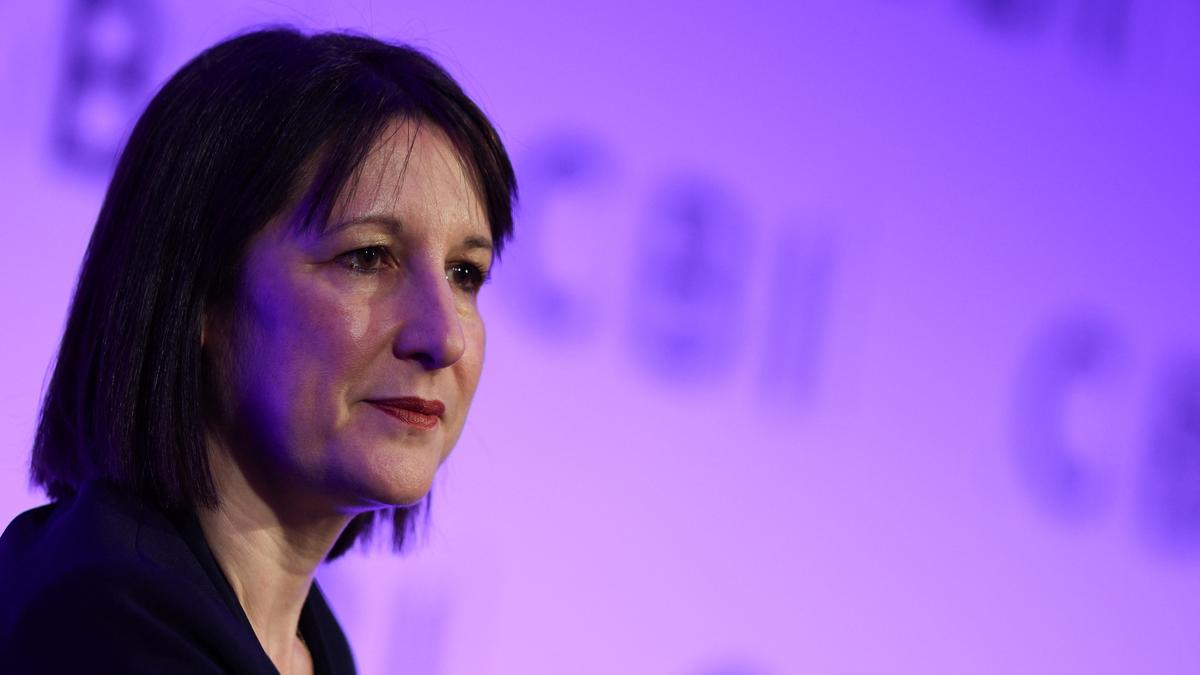
U.K. Chancellor Rachel Reeves seeks to reassure industry, says no more tax increases
The Hindu
U.K. Chancellor Rachel Reeves sought to assure British industry, saying she would not increase taxes for the remainder of the current Parliament..
U.K. Chancellor Rachel Reeves sought to assure British industry on Monday (November 25, 2024), saying she would not increase taxes for the remainder of the current Parliament, following the increases for companies and individuals announced in the Labour government’s first budget on October 30.
Ms. Reeves also said that public services would not receive any more funding than what was already allocated and would have to live within their means.
“We’ve now drawn a line under the fiction held by the previous government to put our public finances back on a firm putting and we’ve now set the budget for public services for the duration of this Parliament,” Ms. Reeves told business representatives at the Confederation of British Industry (CBI) conference.
The cost of living and the economy were among the top reasons for the swing away from the Conservatives in the July 5th general election, which saw the end of a series of Tory governments that ran the country for 14 years. Weeks after taking office, the Labour government had said there was a public finance “black hole” of £22bn left by the Conservatives. [This figure was disputed].
“Public Services now need to live within their needs, because I’m really clear I’m not coming back with more borrowing or more taxes,” Ms. Reeves said on Monday (November 25, 2024).
The October budget had announced a £70bn increase in spending in 2026-27 and a £40bn tax increase, including an aggregate £25bn increase in employer contributions via ‘national insurance’, which is set to increase by 1.2% from next year. Other tax increases included ending the allowances on foreign assets and income for non-domiciled (‘non-dom’) U.K. residents, a capital gains tax increase and higher “windfall tax” on energy companies.
Some businesses have criticized the government for increasing the cost of employment.

The 29th edition of the Conference of Parties (COP29), held at Baku in Azerbaijan, is arguably the most important of the United Nations’ climate conferences. It was supposed to conclude on November 22, after nearly 11 days of negotiations and the whole purpose was for the world to take a collective step forward in addressing rising carbon emissions.










